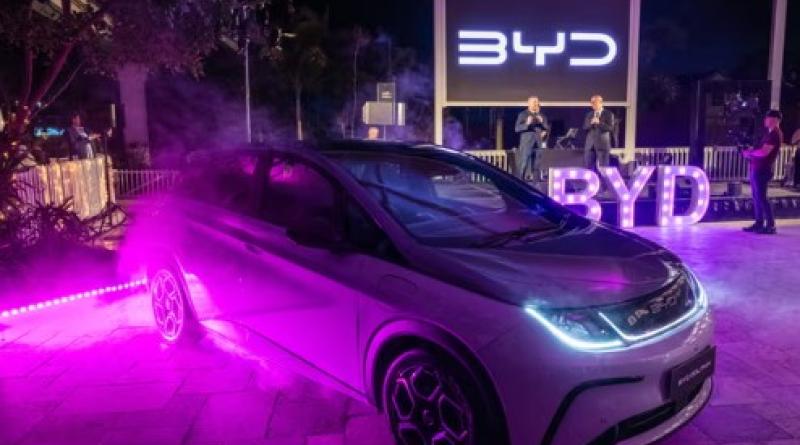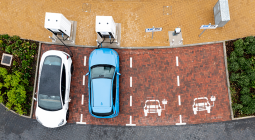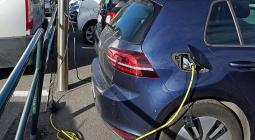Australian EV sales have increased by 185% since 2022

Industry experts say electric cars sales figures could be higher if the government stops delaying fuel efficiency standards
Sales of electric vehicles in Australia have more than doubled this year compared to 2022 but industry experts say the figure could be even higher had the government introduced long-promised fuel efficiency standards.
The year-to-date sales of battery electric vehicles (EVs) have hit 80,446 compared to 28,326 for the same period last year, an increase of 185%, according to figures from the Federal Chamber of Automotive Industries. EVs made up 7.2% of all motor vehicle sales so far this year.
“We were hopeful it would be high but this is at the top end of our expectations,” the chamber’s chief executive, Tony Weber, said on Tuesday.
Behyad Jafari, the Electric Vehicle Council’s chief executive, said 2023 was the third year in a row that electric car sales had more than doubled from the previous 12 months as supply started to keep pace with demand.
Australians have also had access to cheaper models under $40,000.
But Jafari said the supply coming into Australia was still hampered by the fact the government had not yet legislated a fuel efficiency standard which would cap emissions across a manufacturer’s overall sales and provide an incentive for carmakers to sell low- and zero-emissions vehicles and penalise those that don’t.
The federal government in August revealed the introduction of a fuel efficiency standard had been “overwhelmingly” supported through public consultation. The government said it would complete an impact analysis and release details of its preferred model for a standard “before the end of this year”.
“It’s pretty disappointing for Australians right across the board,” Jafari said of the delay.
“Electric vehicles have been doubling every year in Australia but we’re still about a bit over a double behind other markets around the world, so that does just tell us that if we had access to the same type of cars, or the same models of electric vehicles, and the same quantities, that we could be looking at much higher sales again.
“That comes down to the federal government, frankly, taking too long to get these standards in place.”
Weber said a further boost would come when charging infrastructure – which forms part of the government’s national electric vehicle strategy – became more prevalent.
On Monday, the second biggest-selling electric vehicle brand in Australia – BYD – announced it would open another 30 retail stores over 18 months and more service centres as part of a push to overtake Tesla as the market leader.
BYD sold 9,700 EVs this year, according to data from the Federal Chamber of Automotive Industries, while Tesla sold 40,000.
BYD sells three electric vehicle models in Australia – the Atto 3 SUV, Dolphin hatchback and Seal sports car – and plans to launch another two models in 2024 including an electric hybrid with “extremely long driving range”.
“We now have three high-quality EVs on the market, all priced under $50,000,” said Luke Todd the CEO of BYD’s Australian partner EV Direct.
Additional reporting from AAP
Photograph: Jennifer Dudley-Nicholson/AAP






